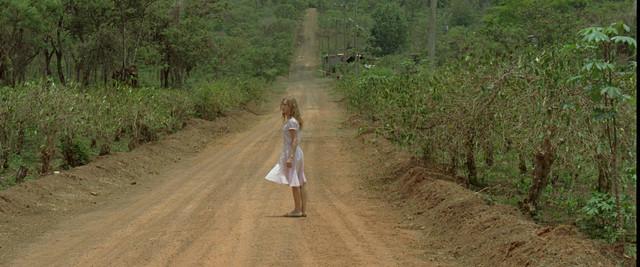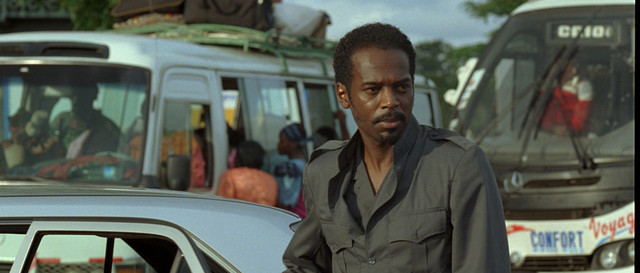Film Review: Claire Denis’ War-Torn African Drama White Material
French Filmmaker Approaches African Civil War From A Pale Perspective


Are you gonna tell this kid bedtime is at 9 p.m.?




